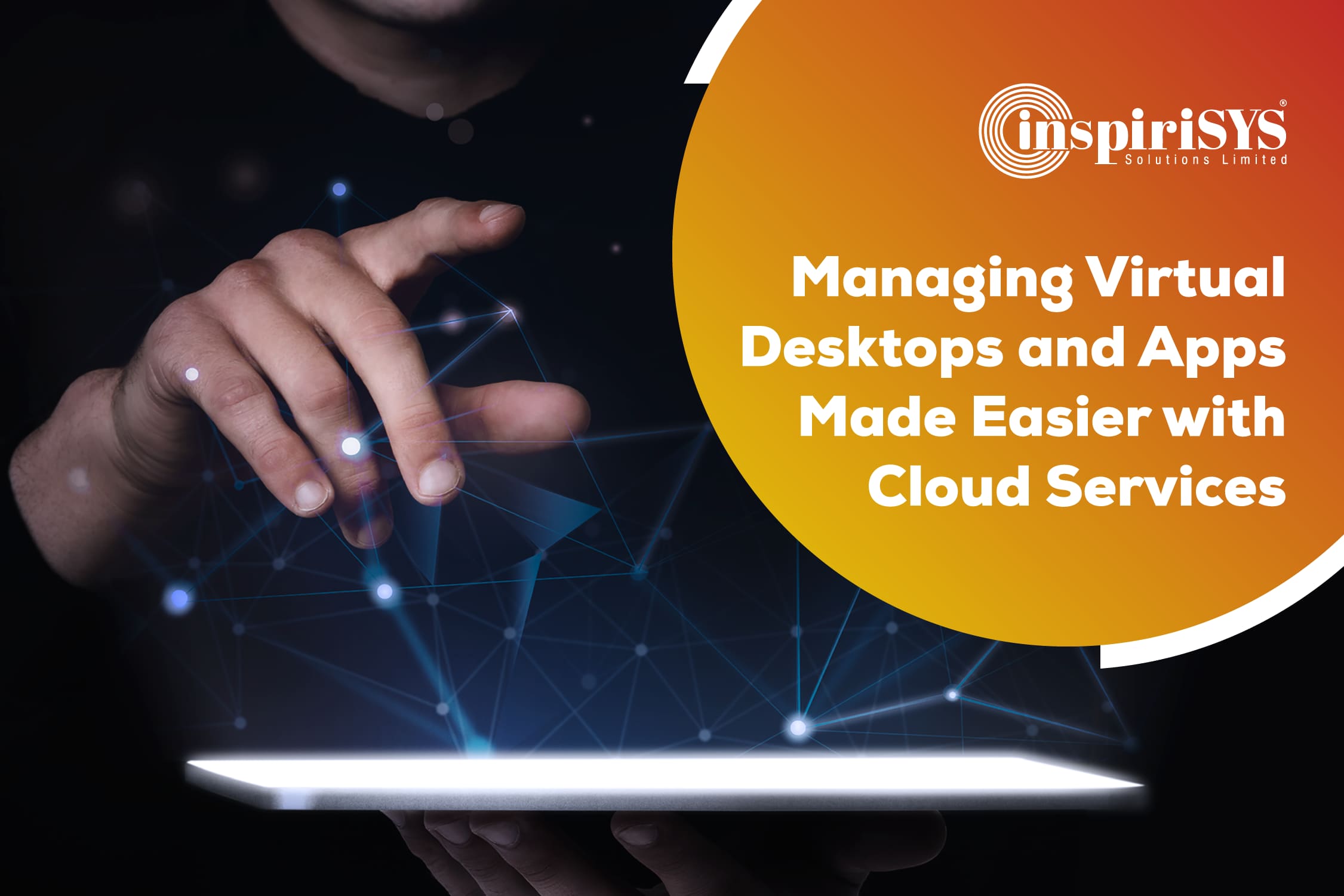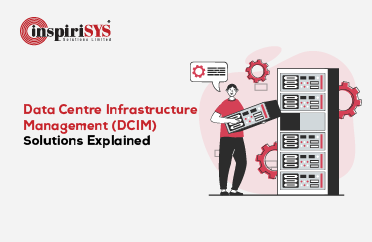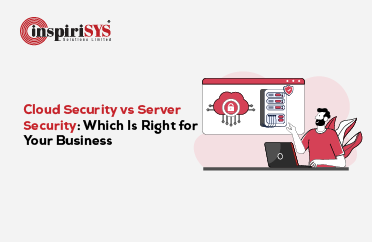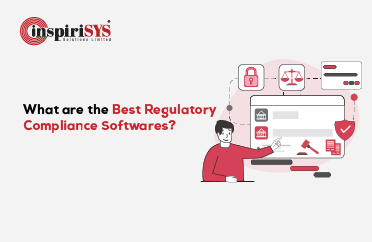Unforeseen circumstances that disrupt operations and deny access to corporate resources, such as the pandemic, weather incidents, or even common system outages, are forcing enterprises to restructure their operations. The remote work culture has pushed organizations to figure out how to be more flexible in their operations. Remote employees can avoid commuting to and from the office and afford a little more rest than before, spending time and energy on more demanding tasks. Companies that were initially opposed to working from home are starting to realize that they can also benefit from remote work.
Many organizations are turning to virtual desktops and apps to enable their employees to stay productive while supporting business continuity. Others are leveraging cloud managed services for their scale and flexibility, knowing that additional capacity can be added when needed.
What is a Virtual Desktop?
Desktop virtualization involves separating the desktop environment and hardware from local systems, storing this information on a server or the cloud. Virtual desktop solutions benefit consumers and IT teams in countless ways, especially when it comes to helping small enterprises save costs.
There are more perks that virtual desktops can offer. Employees do not have to bring their work systems home to access their files. Users no longer need to individually download and install programs and apps themselves. IT departments don’t have to rely on end users to update and patch applications. Standard computers have longer repair cycles. Repairs through virtual configuration can be done in minutes. End users can enjoy access to the apps of their choice anywhere, anytime.
While virtual apps and desktops help enable people to be productive wherever they are, they can potentially create a more complex work environment to manage. This is compounded by a growing number of users as well as the need to manage a hybrid model comprising both on-site data centers and cloud storage.
The Rise of Cloud Based Services

There’s been a massive shift in the way organizations work. All industries are gradually transitioning to a service-oriented, subscription-based cloud model for the plethora of advantages they offer. Cloud services let companies focus their attention and resources on their core business processes with no distractions.
Here are some of the benefits that cloud services have to offer:
Scalability – Cloud computing is ideal for administrative teams that cannot reach specific physical locations, such as with employees who are spread out geographically. Moving to remote work also leads to a higher influx of employees needing access to cloud resources.
However, unlike the traditional model, organizations don't have to purchase another server or software. They only need to enable a new, cloud-based offering. Organizations can purchase additional capacity for adding users, building, testing, staging and running applications whenever they need it.
Accessibility –An organization handling its own data center will usually need to take assets offline for maintenance. On the other hand, cloud services give remote employees 24/7 access to the information they need. The cloud also makes it easier to control access to specific applications.
Administrators can set customized identity and access policies. This ensures that employees have the appropriate permissions for what they can and cannot access. Accessibility settings can be configured to ensure that new or current remote workers can access what they need while away from the office.
Data Backup and Security – Organizations can take advantage of the security and protection offered by cloud service providers, which is superior to IT infrastructure hosted in-house. Cloud services, often includes built-in backup and recovery options which will ensure that your data is never lost.
Cloud services operate on a shared responsibility model for Security, meaning that they guarantee the overall security of the cloud infrastructure while letting the user enact various security measures to protect the data.
Cost Savings – There are a number of techniques and strategies that can be employed to manage costs when using cloud services. The cloud can help bring down expenses since it usually works within a shared environment. Hardware and software license costs are lower compared to the traditional model. Maintenance costs are also reduced since the cloud service provider manages the environment as opposed to in-house IT departments.
Upgrades and Improvements – Cloud service providers constantly upgrade their offerings for future releases. Cloud also saves time and the additional costs of purchasing and installing updates followed under the traditional method. Companies can test new operating systems, languages, and other tools without having to make substantial capex investments.
The Future of Work Culture

Total end-user spending on public cloud services globally is set to exceed $480 billion dollars in 2022. With numbers like this, it’s become extremely clear that the mindset of enterprises is shifting across the globe. Remote work isn’t going away anytime soon, and its future hinges on the cloud. Apart from its obvious advantages of accessibility, scalability, and security, the cloud also prepares companies for the next crisis.
Enlisting the expertise of a cloud service provider can help make the adoption of contemporary work models a smooth process. Inspirisys has over two decades of expertise in leveraging the cloud to acquire fresh insights, unlocking new opportunities and building new models for creating better and richer customer experiences. Our scalable solutions help you take the first step towards digital transformation. Modernize your existing applications and infrastructure and experience all the advantages that cloud services have to offer. Get in touch with us to find out more about our range of cloud managed services.







